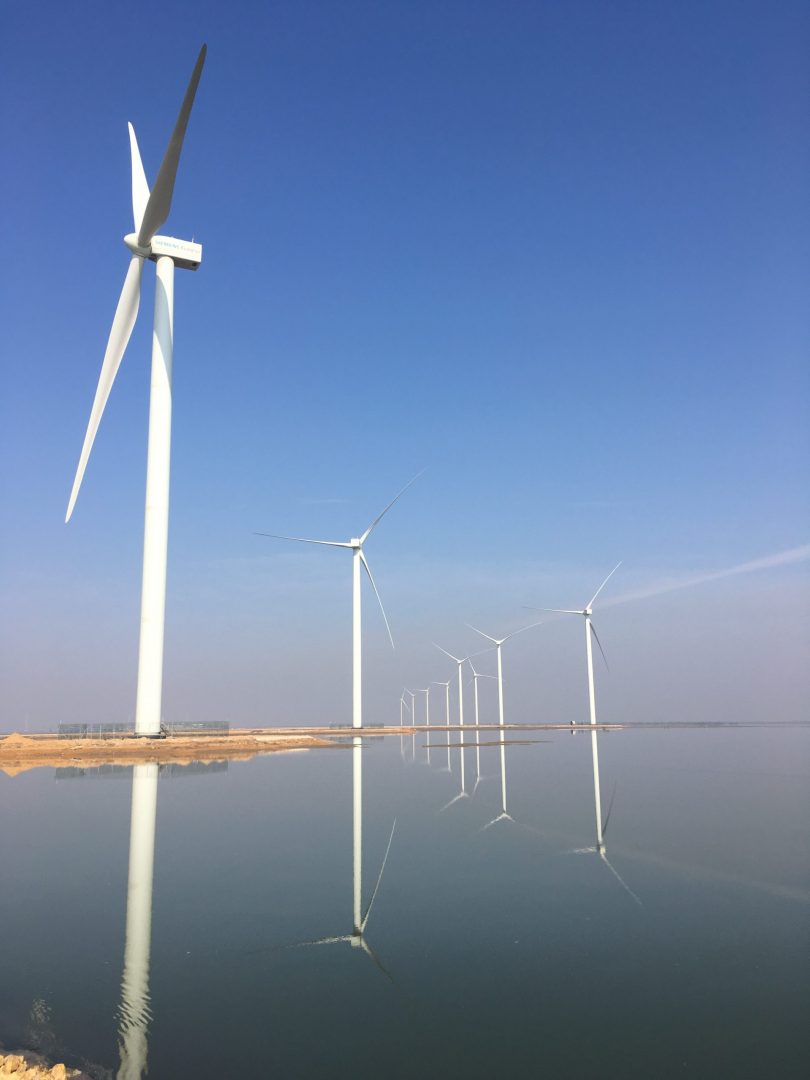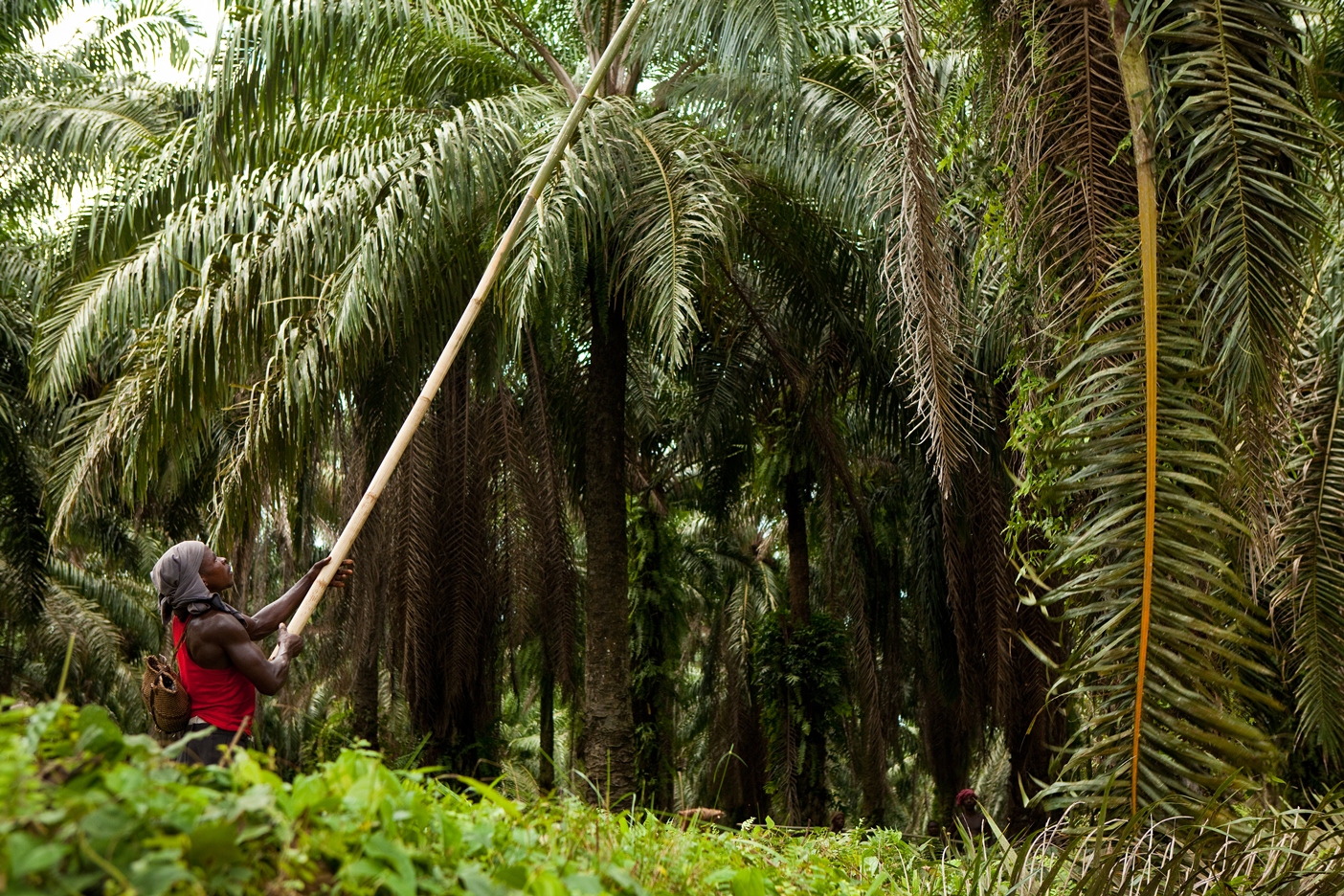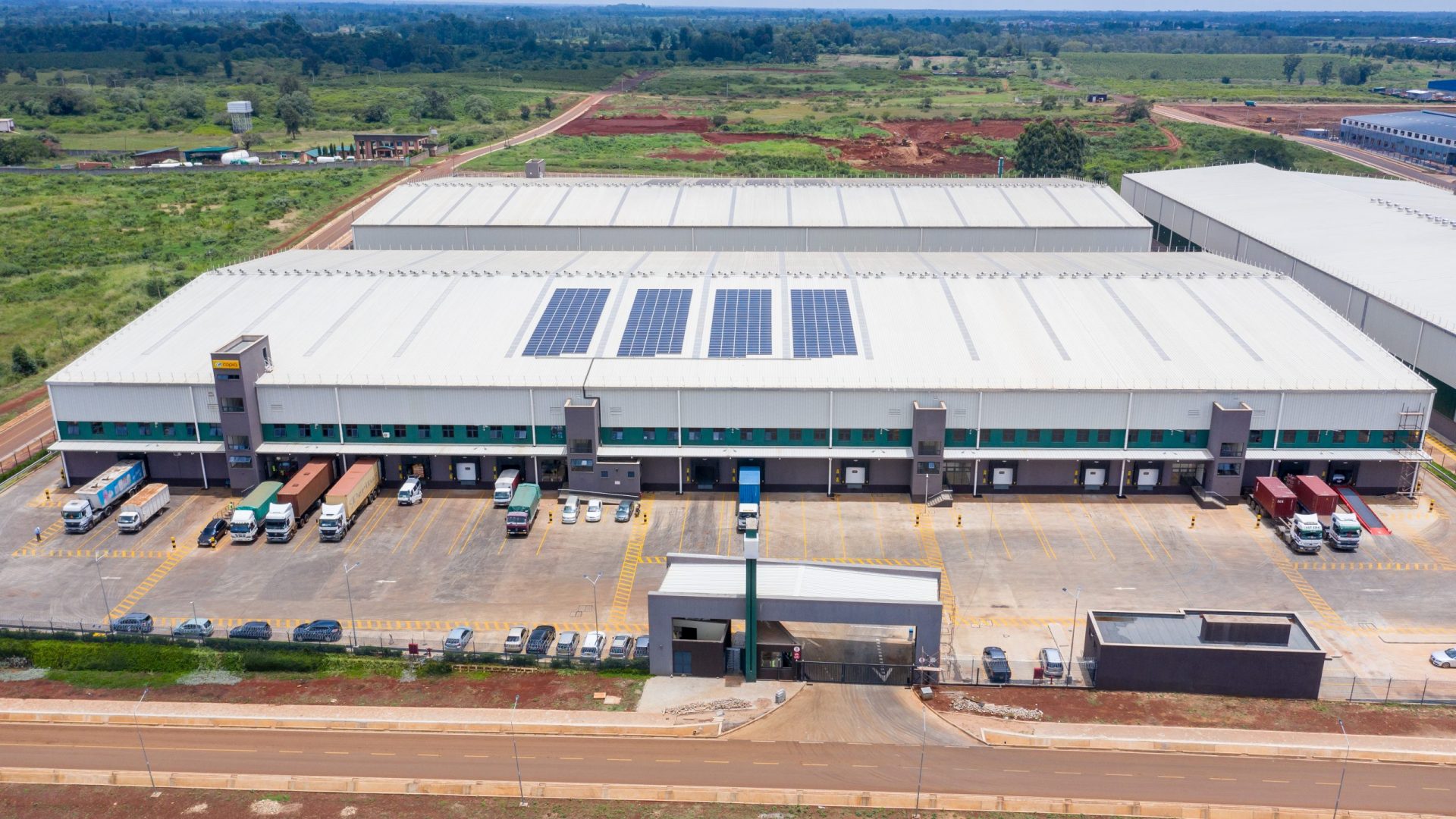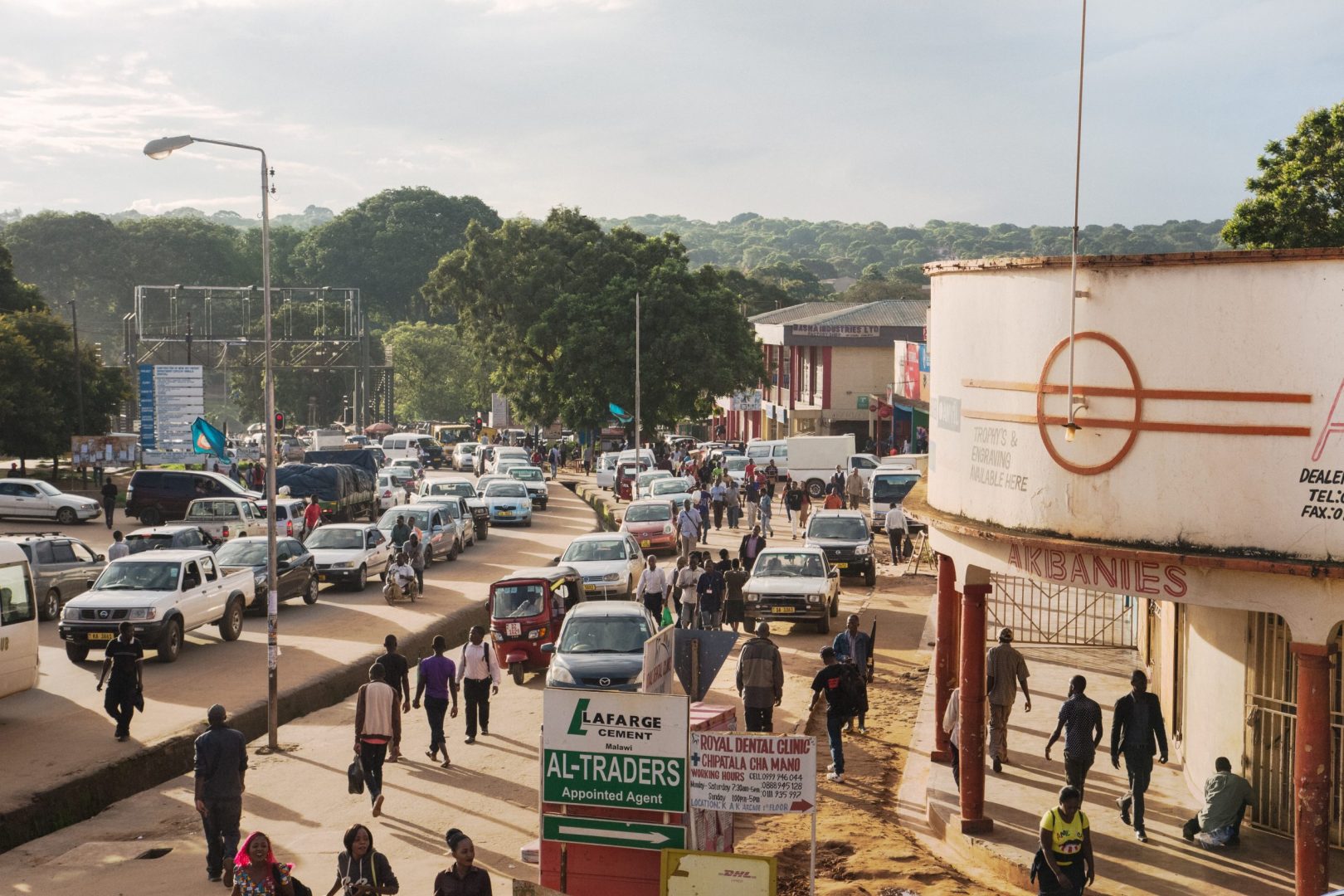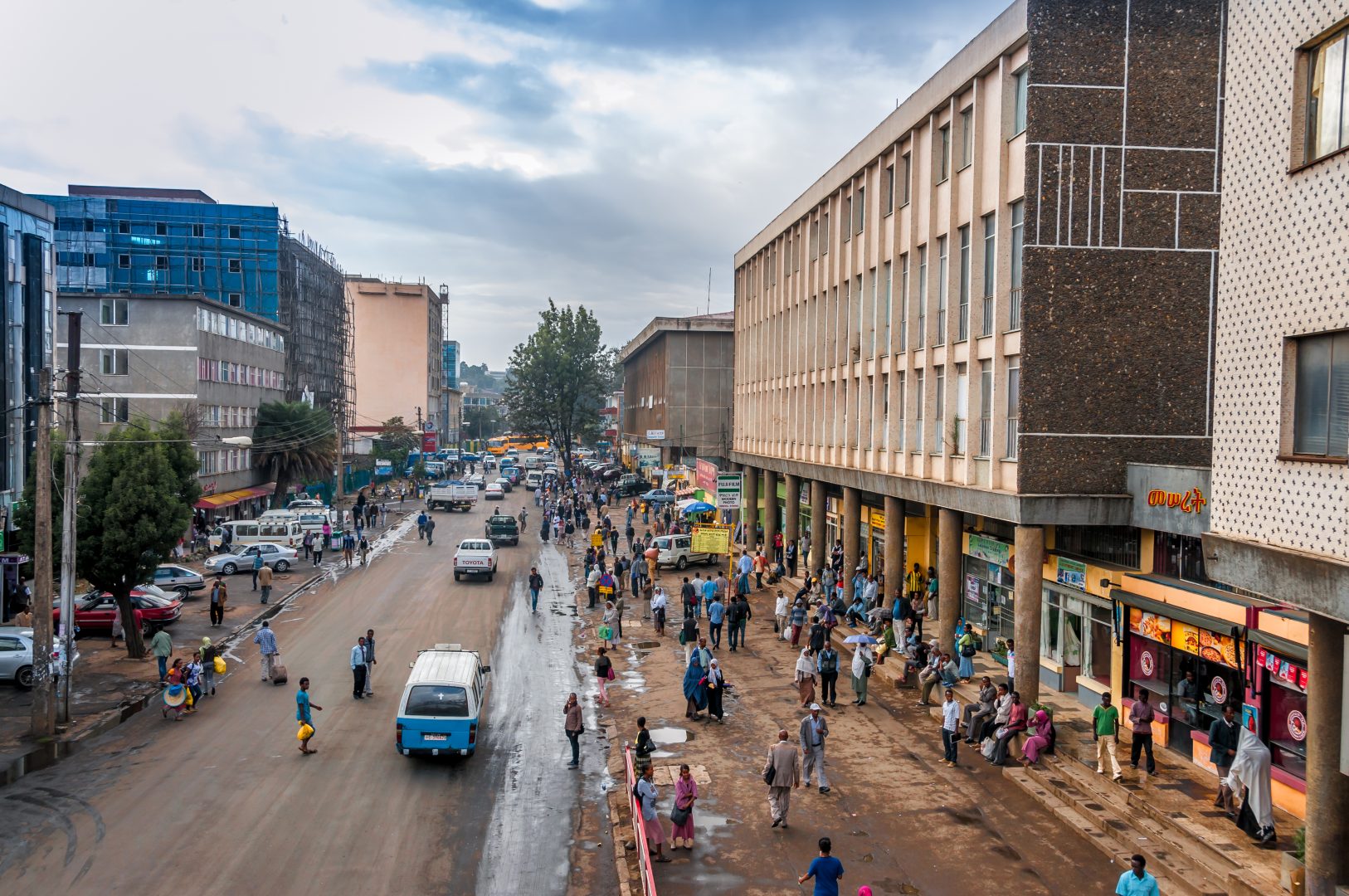The future of impact led investing in Africa
Frank Aswani, Chief Executive of the African Venture Philanthropy Alliance, sees Africa as “the Wembley of impact.”
“Africa for me is the impact sandbox of the world, there’s no better place for an impact investor to be than in Africa, even if you’re in Africa but not as an impact investor then you are not playing,” said Frank who joined CDC* for an Insight event on the future of impact led investing in Africa.
“It is like trying to play a Champions League game on a Sunday football pitch – you’ve got to be playing at Wembley and Africa is the Wembley of impact.”
But he thinks the system of impact investment needs to change. He believes that to meet the problems faced by the continent we must start addressing the root causes of the economic challenges, instead of just the symptoms.
“And the best way for us to do this is to have Africans who’ve lived the problem, to live the solution,” he says.
However, this requires Africans to reassess what he calls an “old fashioned” approach to problem solving which he says is still rooted in the idea that social financing challenges can only be solved by grant funding rather than sustainable investment. The mindset that the private sector has no role to play in social investments needs to be challenged.
You can watch a recording of the event here
What’s more, the COVID pandemic has shown that businesses have a role to play in the health and vibrancy of societies as whole and there is value in thinking creatively about how to drive social impact.
This requires education and enough impact practitioners to take advantage of the impact investment opportunities on the continent.
“Did you know that the whole continent of Africa there is only one institution of learning with an innovative financing programme,” says Frank.
“If you want to learn innovative financial or impact investing in Africa, you have one choice: that’s the University of Cape Town. It’s positioned in arguably one of Africa’s biggest economies so it’s not even sufficient to build and serve South Africa, let alone the rest of the continent.”
To address this imbalance, Frank launched an impact investing fellowship capacity building program to help build “a critical mass of competent impact investing practitioners across Africa who know how to mobilize and deploy capital for maximum impact.”
The programme is a partnership with Oxford University’s Saïd Business School and they are now developing a programme together with the Impact and sustainable finance consortium faculty to work with African businesses schools so that they can establish their own departments of innovative finance.
But, he says, non-financial support is just as important as financial support and at the African Venture Philanthropy Alliance, investors also provide “human and intellectual capital” to help companies become investor ready.
He is also focused on working with governments who he says need to create enabling environments and be encouraged to deploy public funds as catalytic capital.
“If we can get African governments to deploy that capital differently, imagine how much capital we can unlock,” he says.
Bringing the conversation to the role of traditional development actors in impact investing, event host Colin Buckley, CDC’s Managing Director & General Counsel, asked Frank how development finance institutions can help in this move to sustainable investment as the norm?
“You [DFIs] don’t take as much risk as you should. And when you come to Africa, you want to do and not to enable. I think DFIs should be asking themselves not ‘how are we doing’ but ‘how are we enabling?’” Frank says.
DFIs, he says, should look at taking on risk to enable Africans to build the capacity to solve the continent’s challenges. They should view themselves as catalytic, rather than mainstream, investors.
He believes that DFIs underestimate the influence and leadership they have not only to drive catalytic impact, but to bring about change in other spaces. For example, they can work with African governments to bring about policy changes to create enabling environments and de-risk social investment to mobilise private capital into Africa for impact-led investments.
“I think it takes a bit more courage from you guys and you need to be asking yourselves ‘what we are going to do differently, how are we going to enable Africa to take care of itself?’”
The UN’s Sustainable Development Goals provide a roadmap and framework for economic development and impact but, Colin says, we know there is a large funding gap to meeting the 2030 deadline.
“How do we build something up to bridge that large number and where should we be focusing our efforts?” he asks Frank.
They agree there is no simple answer. Private, catalytic, impact and philanthropic funding all have a role to play but how we make the most of each is unclear.
Frank argues that while we do not know the exact solution, we must not stand still because what we do know is that our methods to date, particularly in relation to aid and government funding, haven’t succeeded in driving sustainable development. And the problem is only increasing; Africa has an average age of 19, and a young population looking for opportunities.
“We’re supposed to have created 12 million jobs a year, and we are only creating 3 million jobs. That is a 9 million job deficit annually. Something different needs to be done.”
But he is still optimistic. “What I know for sure is that we’re at a stage where we’re smarter, we have more options, and we need to be looking at more possibilities…The opportunity in Africa is huge and, if you think about it from an impact investing space, there is no better place for you to come and test some of the impact models – test new products, markets and services. If they work in Africa, they’ll work anywhere in the world. A lot of companies in Africa are making a lot of money, while offering really good services.
“The glass is half full, not half empty like it used to be. “
This article is based on discussions at our recent event ‘The future of impact led investing in Africa‘, part of our Insight event series. Catch up on the event recording and find out about our future events.

